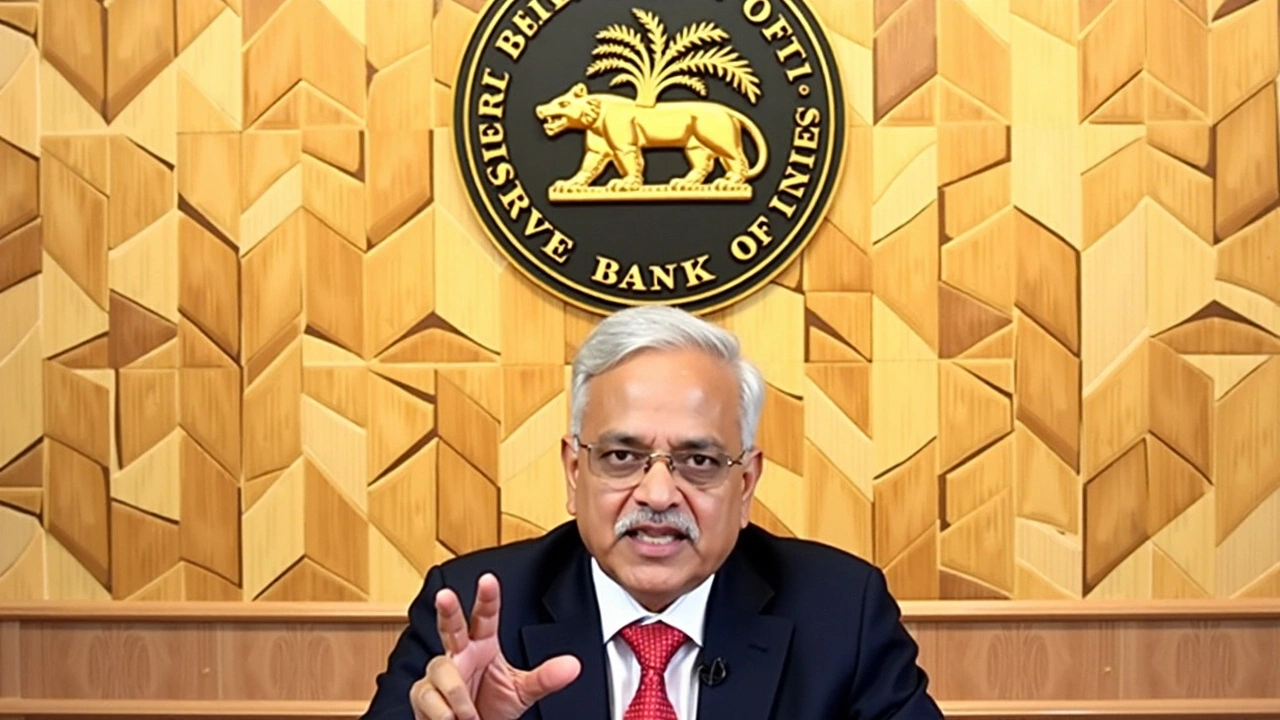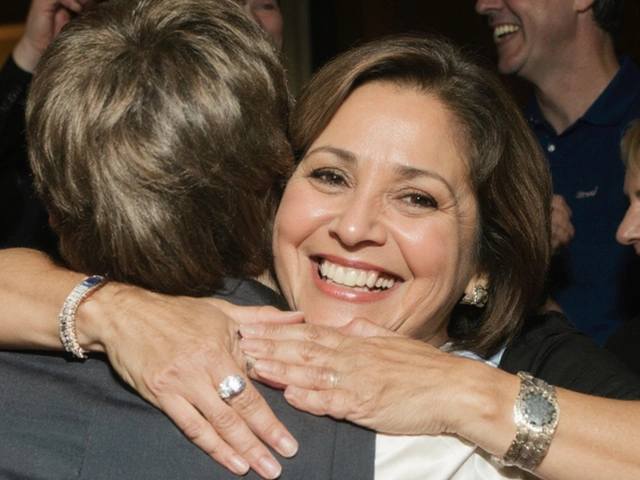BRICS: What Africa Needs to Know
BRICS - Brazil, Russia, India, China and South Africa - is more than an acronym. It's a political and economic club that aims to shift global trade, finance and influence. For African readers, BRICS decisions can mean new loans, trade deals, infrastructure projects and diplomatic changes that affect jobs and growth.
Founded in the early 2000s as an emerging-market grouping, BRICS now pushes for alternative finance and a bigger voice in global institutions. The New Development Bank and pooled finance initiatives are tools members use to fund large projects. When BRICS talks about de-dollarisation or local-currency trade, African exporters and governments watch closely - it changes how goods move and how debt is priced.
Why should you care today? BRICS has been expanding its membership and courting African states. That means direct investment offers, invitations to join new trade pacts, and promises of infrastructure funding. These deals can fund roads, ports and energy projects - but they also come with political strings, repayment terms and long timelines. Know both sides before celebrating any headline.
Why BRICS matters to African readers
BRICS can bring faster cash than Western lenders and fewer political conditions. That's attracted several African governments. But faster cash can mean more debt and less transparency. Local businesses may get export opportunities to BRICS markets, while workers could see new construction jobs. Keep an eye on who wins contracts, which currencies are used, and whether projects hire locally.
Trade shifts matter too. If BRICS members push more trade in their own currencies or a new payment system, African banks will adapt. Smaller importers could benefit from cheaper inputs if trade routes improve. On the flip side, African producers face stiffer competition from inexpensive Chinese goods and rising commodity deals that can undercut local industries.
What to watch next
Watch BRICS summit outcomes, new members, and major finance pledges. Look for agreements on the New Development Bank, currency swaps, and large infrastructure packages. Also watch how Western nations respond - that often changes terms and timelines for African projects. For citizens, follow transparency reports and local contract announcements; that's where impact becomes visible.
On Ginger Apple News we track BRICS moves that touch African countries: trade deals, loans, diplomatic visits, and investment projects. We explain what each announcement means for jobs, prices and national budgets. Subscribe to tag updates or check the BRICS tag for concise, practical reports so you can judge how each development affects your community and wallet.
Questions? Tell us which country or project you want covered next. We focus on clear facts, contract details and local reactions - so you get the real story, not just the press release.
Before you accept big promises, ask who pays, who owns the project, and what happens if payments stop. Look for public procurement records, environmental assessments and local hiring clauses. If the deal uses local currency, find out who manages exchange risk. These simple checks help citizens and journalists hold leaders and companies accountable. Stay curious and engaged.
India Stands Against De-Dollarization Amidst Trump's Tariff Challenges
By Sfiso Masuku On 7 Dec, 2024 Comments (9)

India has chosen not to join the BRICS initiative for de-dollarization, maintaining a reliance on the US dollar amid Trump's tariff threats. India's central bank and Foreign Minister S. Jaishankar underscore the dollar's continued use in trade. This position contrasts sharply with China and Russia's push for reducing dollar dependence, as Trump warns of economic fallout for dollar challengers.
View More




